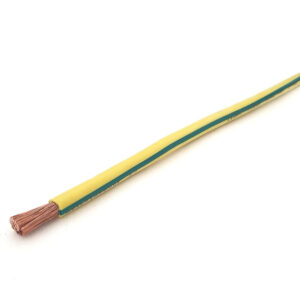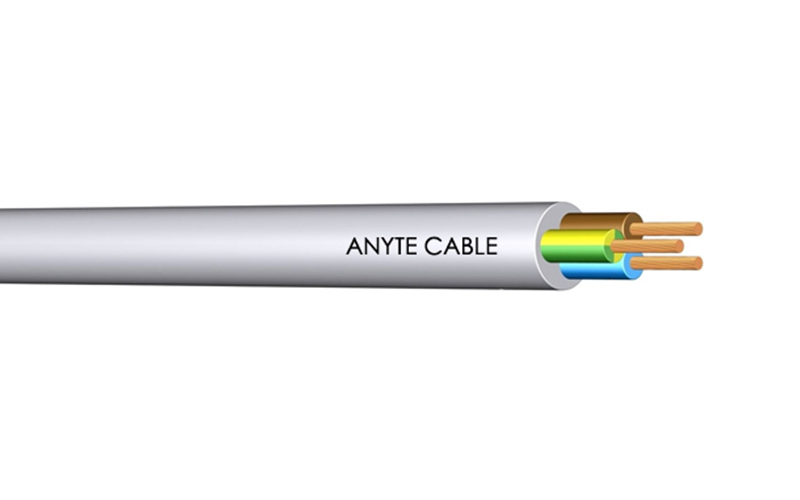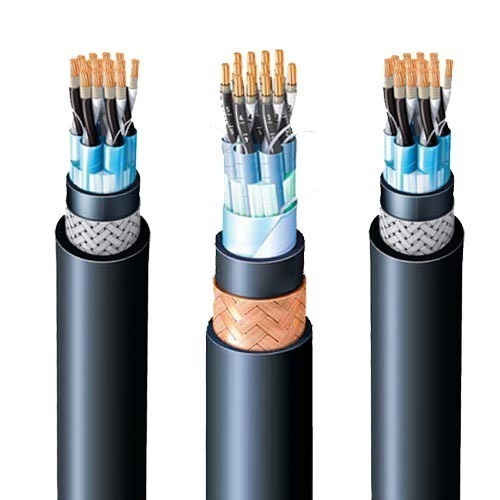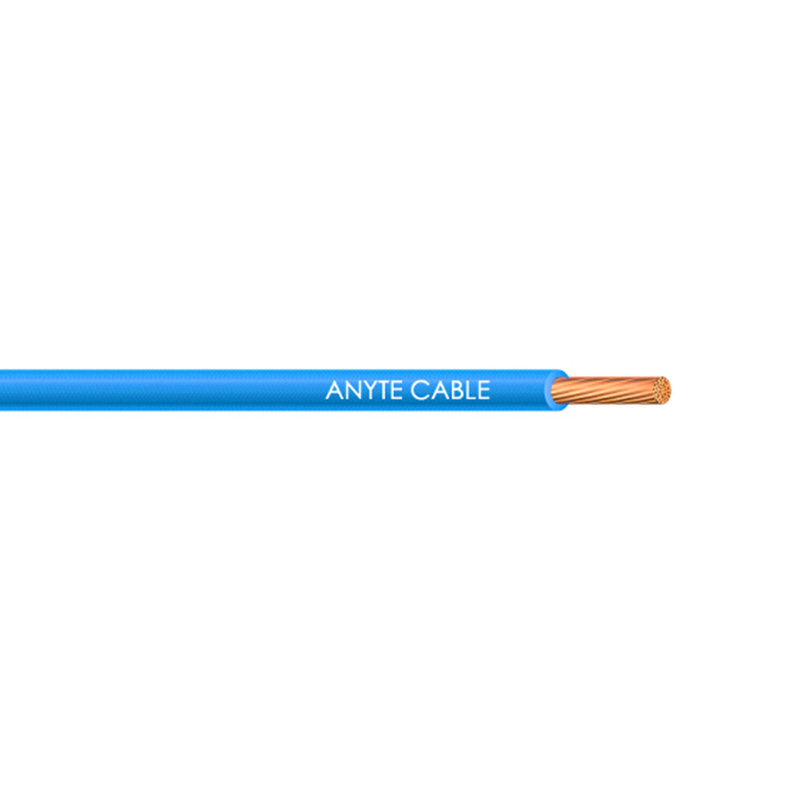In today’s technologically advanced world, the importance of safety and reliability in electrical components cannot be overstated. One crucial aspect of ensuring these qualities in cables is the UL (Underwriters Laboratories) certification. This article delves into what UL cable certification is, its significance, the process of certification, and its implications for manufacturers and consumers alike.
Understanding UL Cable Certification
UL cable certification is a designation awarded to cables that have been tested and meet specific safety standards established by Underwriters Laboratories, a global safety science organization. Founded in 1894, UL is known for its rigorous testing processes and commitment to safety, which helps to mitigate risks associated with electrical products.
When we talk about UL cable certification, it primarily concerns various types of cables, including power cables, communication cables, and data cables. The certification indicates that a cable has been evaluated for various factors, including electrical properties, fire resistance, mechanical strength, and environmental factors.

Importance of UL Certification
The importance of UL cable certification cannot be understated. Here are several key reasons why this certification is critical:
- Safety Assurance: UL certification signifies that the cables have undergone extensive testing to ensure they are safe for use. This is especially vital in applications where electrical hazards could lead to fires or other dangerous situations.
- Quality Standardization: UL sets stringent standards that manufacturers must meet to receive certification. This leads to a level of quality assurance that can be trusted across various products and applications.
- Regulatory Compliance: In many regions, using UL-certified cables is a requirement to comply with local building codes and safety regulations. This compliance not only protects users but also ensures that installations meet legal standards.
- Market Credibility: For manufacturers, having UL certification enhances market credibility. It serves as a competitive edge, showcasing a commitment to safety and quality that can attract customers and partners.
- Consumer Trust: For consumers and businesses, choosing UL-certified cables provides peace of mind. It assures them that the products have been rigorously tested and are less likely to fail or cause accidents.
The UL Certification Process
The process for obtaining UL cable certification is comprehensive and involves several key steps:
- Application Submission: Manufacturers interested in obtaining UL certification must first submit an application to UL. This application includes detailed information about the cable, including specifications, materials used, and intended applications.
- Documentation Review: UL conducts a thorough review of the submitted documentation to ensure that all necessary information is provided. This may involve examining design drawings, material specifications, and testing protocols.
- Sample Testing: Once the documentation is reviewed, UL selects samples of the cable for testing. These samples are subjected to various evaluations, including electrical testing, fire testing, and environmental testing. Each test is designed to assess the cable’s performance under different conditions.
- Evaluation and Report: After testing, UL compiles a detailed report that summarizes the results. If the cable meets UL’s standards, the manufacturer is granted certification. If not, the manufacturer may be required to make modifications and undergo additional testing.
- Ongoing Surveillance: UL cable certification is not a one-time event. To maintain certification, manufacturers must undergo regular audits and retesting to ensure ongoing compliance with UL standards. This surveillance helps to identify any changes in manufacturing processes or materials that could affect safety and performance.
Types of UL Cable Certifications
UL offers a variety of cable certifications, each designed for specific applications and environments. Some of the most common types include:
- UL 83: This certification pertains to thermoplastic insulated wires and cables. It covers cables that are intended for general use in dry locations.
- UL 1063: This standard covers flexible cords and cables that are designed for use in both indoor and outdoor applications, particularly in environments where flexibility is essential.
- UL 444: This certification is for communications cables, including those used for data transmission. It ensures that these cables meet specific performance and safety standards.
- UL 1581: This standard covers wire and cable used in marine applications, ensuring they can withstand harsh environmental conditions.
- UL 2277: This certification focuses on power and data cables designed for use in data centers, ensuring they meet the unique demands of high-density environments.

Implications for Manufacturers
For manufacturers, obtaining UL cable certification presents both challenges and benefits:
Challenges
- Cost: The certification process can be expensive, with costs associated with testing, documentation, and ongoing surveillance. Manufacturers must weigh these costs against the benefits of certification.
- Time: The process can be time-consuming, requiring significant attention to detail and potential redesigns based on testing feedback. Manufacturers need to be prepared for this timeline when planning product launches.
Benefits
- Market Access: Many customers, particularly in regulated industries, require UL certification. Having this certification opens doors to markets that might otherwise be inaccessible.
- Enhanced Reputation: Being UL certified enhances a manufacturer’s reputation in the industry. It communicates a commitment to quality and safety that can differentiate a brand from competitors.
- Customer Loyalty: Consumers are more likely to choose brands they trust. UL certification can build that trust, leading to increased customer loyalty and repeat business.
Consumer Considerations
For consumers and businesses purchasing cables, UL certification is an important consideration. Here are several points to keep in mind:
- Verify Certification: Always check for the UL mark on cables. This mark indicates that the product has been tested and meets safety standards.
- Understand the Standards: Familiarize yourself with the specific UL standards relevant to your application. Different cables are designed for different uses, and understanding these distinctions can help ensure you select the right product.
- Consider the Application: Think about where and how the cable will be used. For instance, outdoor cables may need additional certifications to ensure they withstand environmental factors like moisture and UV exposure.
- Ask Questions: Don’t hesitate to ask manufacturers about their certification status. A reputable manufacturer should be willing to provide details about their UL certification process and any relevant test results.
Conclusion
In conclusion, UL cable certification is a vital aspect of ensuring the safety and reliability of electrical cables in various applications. By undergoing rigorous testing and adhering to strict standards, manufacturers can provide consumers with products that meet high safety and performance benchmarks.
For consumers, selecting UL-certified cables provides assurance of quality and safety, contributing to the overall safety of electrical installations. As technology continues to evolve, the importance of UL certification will likely remain a cornerstone of electrical safety, ensuring that products are not only effective but also safe for use in homes, businesses, and industrial applications.
Understanding UL cable certification empowers both manufacturers and consumers, fostering a safer and more reliable electrical landscape.




